Fragrance-free. Vegan. Waterproof. Leaping Bunny Certified by Cruelty-free International. $10.50. The COVERGIRL Lash Blast Cleantopia Waterproof Mascara checks a lot of boxes, and with a softly tapered brush that builds fluffy volume, it looked like a clean beauty unicorn. Even better? The ingredient list on COVERGIRL’s official Amazon storefront didn’t mention polyethylene, a commonly used polymer that many clean beauty shoppers try to avoid due to potential contamination concerns. So of course, I ordered it.
When the mascara arrived, the packaging was a pleasant surprise: a matte bluish-green tube with a soft, ergonomic grip that actually stands upright instead of rolling off your vanity. The formula performs, builds volume without smudging, wears comfortably, and the fluffy brush gives that full, lifted lash look.
But then I checked the back of the box. And there it was: polyethylene.
It’s worth noting that polyethylene isn’t banned in clean formulations, but it’s often avoided — especially by ingredient-conscious shoppers. And the fact that it wasn’t listed on the product page (even on COVERGIRL’s own Amazon storefront) is disappointing. Transparency matters, especially when you’re marketing something as “clean,” “vegan,” and “plant-powered.”
Many “plant-powered” mascaras now use natural film-formers like acacia gum, pullulan (a sugar-based polymer), and carnauba or rice bran wax instead of polyethylene. These biodegradable ingredients create similar lift and hold while aligning better with updated beauty standards.
I reached out to COVERGIRL and parent company Coty for clarification. I called their customer service line during business hours, but it was closed. I messaged online, and while an AI chatbot took my message, no live advisors were available. So the quest continues.
I haven’t given up on this mascara entirely. It’s budget-friendly, performs beautifully, and the tube design is genuinely smart. Whether or not it lives up to the dream of “Cleantopia” is still TBD.
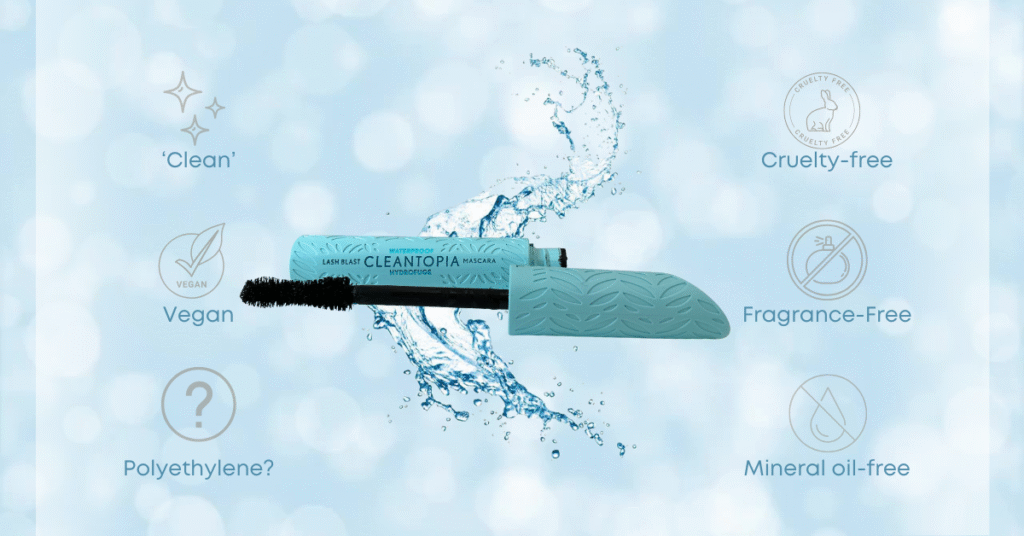
Update: Polyethylene Confirmed
Shortly after publishing, I received a response from COVERGIRL confirming that the Lash Blast Cleantopia Waterproof Mascara does contain polyethylene. Here’s a direct excerpt from their reply:
“According to our ingredients list, it does appear that this mascara does contain polyethylene. The safety of people who use our products is our top priority, and as such everything we manufacture and sell is scientifically tested and compliant with local laws and regulations…”
The full ingredient list includes C10-12 Isoalkane, Polyethylene, Carnauba Wax, Ceramide NG, Aloe Leaf Extract, Coconut Oil, and Passionfruit Seed Oil, among others — a mix of performance and plant-based ingredients.
To be clear, polyethylene is a legal and widely used cosmetic ingredient, but many clean beauty shoppers prefer to avoid it due to environmental and potential contamination concerns (particularly with residual 1,4-dioxane). When a product is marketed as “plant-powered,” consumers reasonably expect the formula to rely on natural film-formers and waxes instead. Its omission from the original Amazon listing — even on COVERGIRL’s official storefront — underscores why transparency remains essential, especially in products labeled “clean.”
While this mascara still performs and meets other criteria (vegan, fragrance-free, cruelty-free), this is a good reminder: clean claims are not regulated, and verifying ingredients directly with the brand may be the only way to get the full picture.
Why Isn’t Polyethylene in Higher-End or “Luxury” Mascaras?
Polyethylene is a synthetic polymer (aka plastic, microplastic) often used in cosmetics for texture, film-forming, and water resistance.
Polyethylene is petroleum-derived and non-biodegradable, raising environmental red flags.
Microplastic pollution and concerns around residual contaminants (like 1,4-dioxane) make it controversial. particularly among consumers who are health conscious and sustainability-minded.
High-end and clean-leaning brands want to avoid these associations and may invest in alternative film-formers.
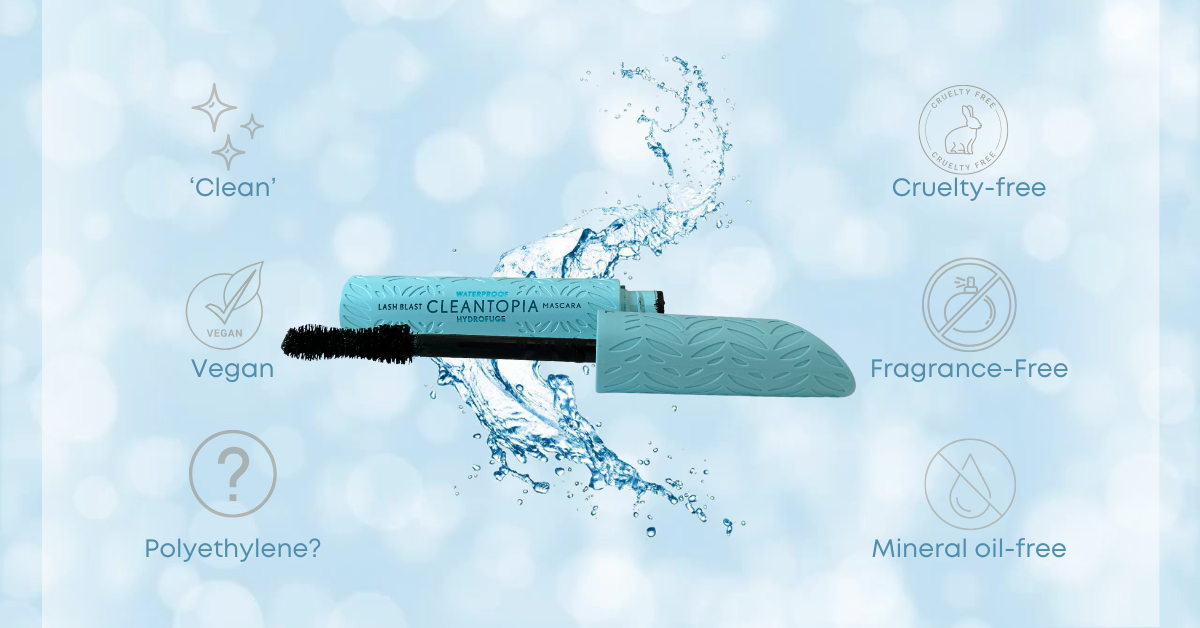
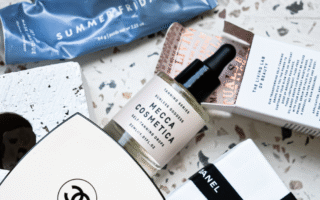
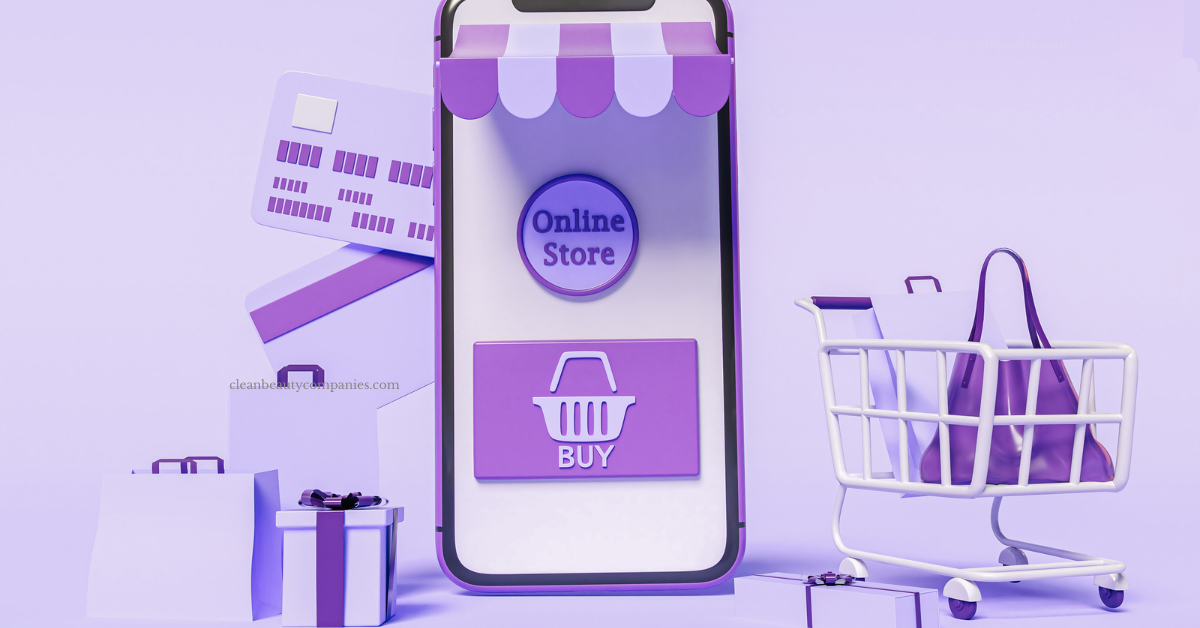
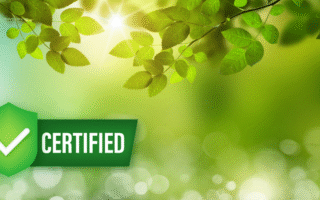
[…] haven’t tested Cleantopia yet, so I can’t speak to its performance, but the formula already looks like a more thoughtful, […]